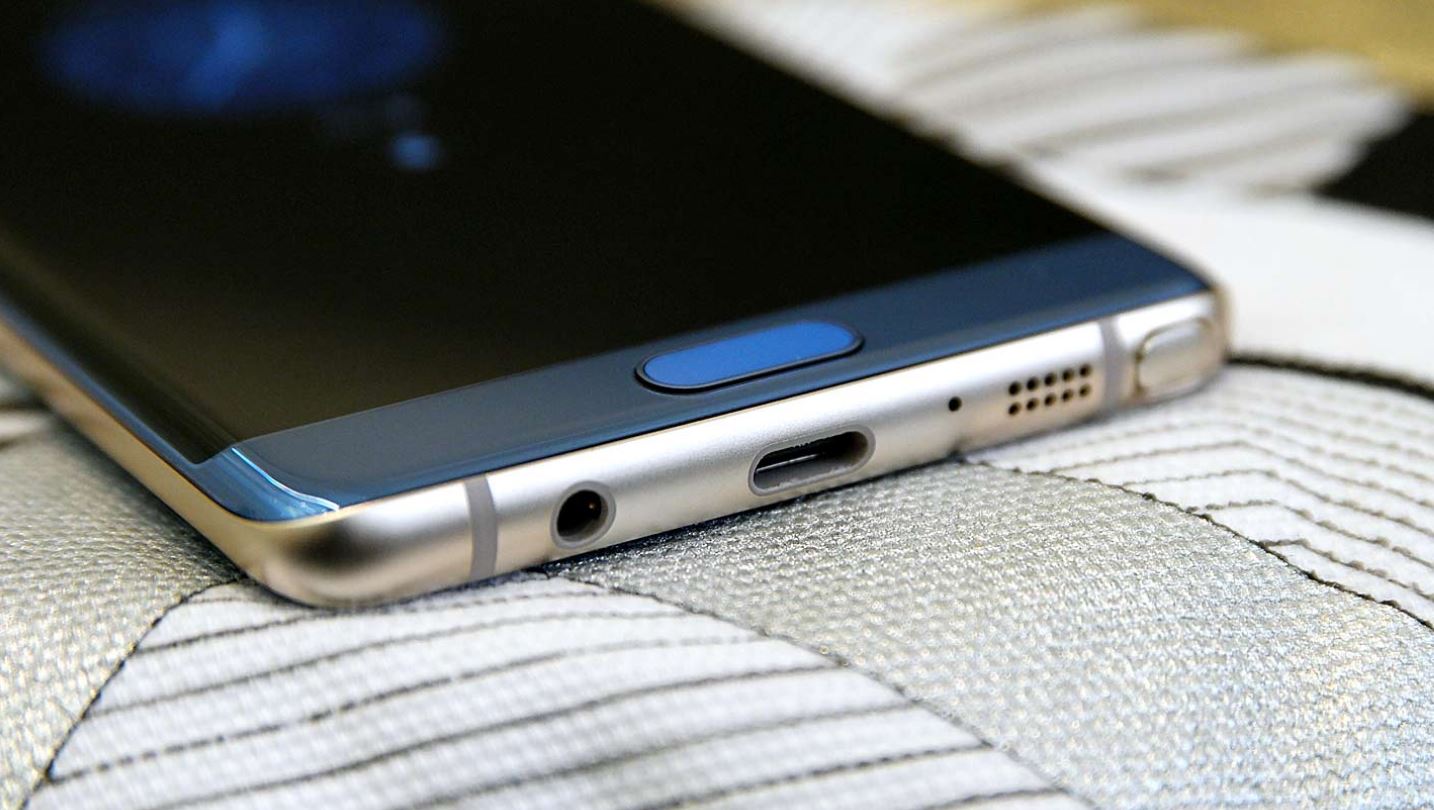USB-C Just Got a Huge Upgrade - What You Need to Know
A new authentication system will protect devices using USB-C from power surges and malware.
The association of manufacturers responsible for managing the USB standards have announced plans for a new authentication standard in order to make USB Type-C ports safer for the devices that use them.

The USB Implementers Forum, which consists of representatives from manufacturers including Apple, HP, Intel and Microsoft, has introduced an authentication system in order to make the increasingly popular cables and ports more secure and safer for users.
The USB-C standard has advantages over previous USB standards, such as higher data transfer speeds, faster charging and the ability to display video (in the case of Thunderbolt 3). However, USB-C has been the cause of power-surge damage to devices when users plug in a non-compliant charger, and has be used to infect devices with malware concealed within the cables themselves.
MORE: The Most Anticipated Smartphones — New Phones Coming Out
The new proposed solution is the USB-C Authentication Program. Using 128-bit encryption, USB-C devices will be able to recognize if a given power or data cable is compatible with the components within as a connection is made. The system will then either block or permit the transfer of data or power, depending on if the cable passes the authentication process.
For the moment, this authentication will not be a mandatory addition to USB-C devices, but this could change going forward according to the Forum. Considering that overloading your phone’s battery or infecting your laptop with viruses are not things users typically want to happen to their devices, it’s hard to imagine that there won’t be a strong demand for these measures to be added to more and more electronic products in future.
The Authentication Program launched on Jan. 2 2019, but was not immediately available for manufacturers to use, as the standard has not been completed yet. The Forum has partnered with digital device security company Digicert, which will be managing the standard that will then be shared with the companies who wish to use it.
Get instant access to breaking news, the hottest reviews, great deals and helpful tips.

Richard is based in London, covering news, reviews and how-tos for phones, tablets, gaming, and whatever else people need advice on. Following on from his MA in Magazine Journalism at the University of Sheffield, he's also written for WIRED U.K., The Register and Creative Bloq. When not at work, he's likely thinking about how to brew the perfect cup of specialty coffee.
-
-Vick- "and has be used to infect devices with malware concealed within the cables themselves"Reply
Are you a serious news portal? Is this a joke?
 Club Benefits
Club Benefits





